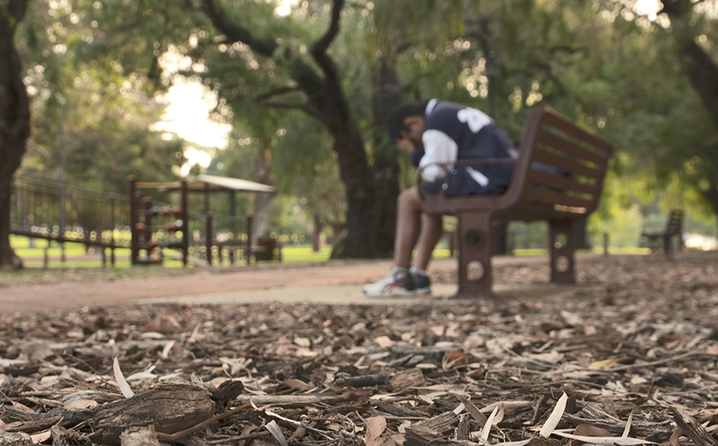Search
Research
Norm Misperception and Witnessing Bullying: The Role of Individual and Contextual CharacteristicsPrevious studies have shown that when young people witness bullying, perceived social norms of their peer group affect their behavior. However, few studies have examined the specificity of norm misperception (i.e., overestimation of peer antisocial responses and the underestimation of prosocial responses relative to the objective group norm) on specific witness responses (joining in, bystanding or active defending).
Research
Telling an Adult at School about Bullying: Subsequent Victimization and Internalizing ProblemsTo prevent persistent victimization, schools and teachers need to be better equipped to respond effectively when a student first becomes a target of bullying

News & Events
The Kids researchers finalists in Premier’s Science AwardsThe Kids Research Institute Australia has two researchers and an innovative science engagement initiative as finalists in the 2017 Premier’s Science Awards.
Research
Bullying Prevalence Across Contexts: A Meta-analysis Measuring Cyber and Traditional BullyingBullying involvement in any form can have lasting physical and emotional consequences for adolescents.

News & Events
Friendly Schools goes from strength to strengthWhat began as a small formative research project 20 years ago has grown into a universal bullying prevention and social skills development program which has helped countless Australian children and their families.

News & Events
What are the signs my child is being bullied?More than half of all children who are bullied do not tell anyone.
Research
Facilitators and barriers to the implementation of motivational interviewing for bullying perpetration in school settingsResults indicated a number factors which influenced the uptake of Motivational Interviewing in schools
Research
School Readiness of Children Exposed to Family and Domestic ViolenceChildren have a universal right to live free from exposure to family and domestic violence (FDV). Children exposed to FDV can experience long-term effects on their physical and psychological health and their social competencies including social, emotional, and cognitive skills and behaviours that underpin successful social adaptation and academic achievement. The aim of this study was to investigate if children exposed to FDV were more likely to be vulnerable on school readiness measures compared to those children who were not exposed.
Research
Economic Evaluation of an Intervention Designed to Reduce Bullying in Australian SchoolsThe aim of this study was to estimate the changes to costs and health benefits of implementing the "Friendly Schools Friendly Families" (FSFF) anti-bullying intervention in Australia.
Research
Prevalence and correlates of bullying victimisation and perpetration in a nationally representative sample of Australian youthThe current findings showed that involvement in any bullying behaviour was associated with increased risk of concurrent mental health problems
